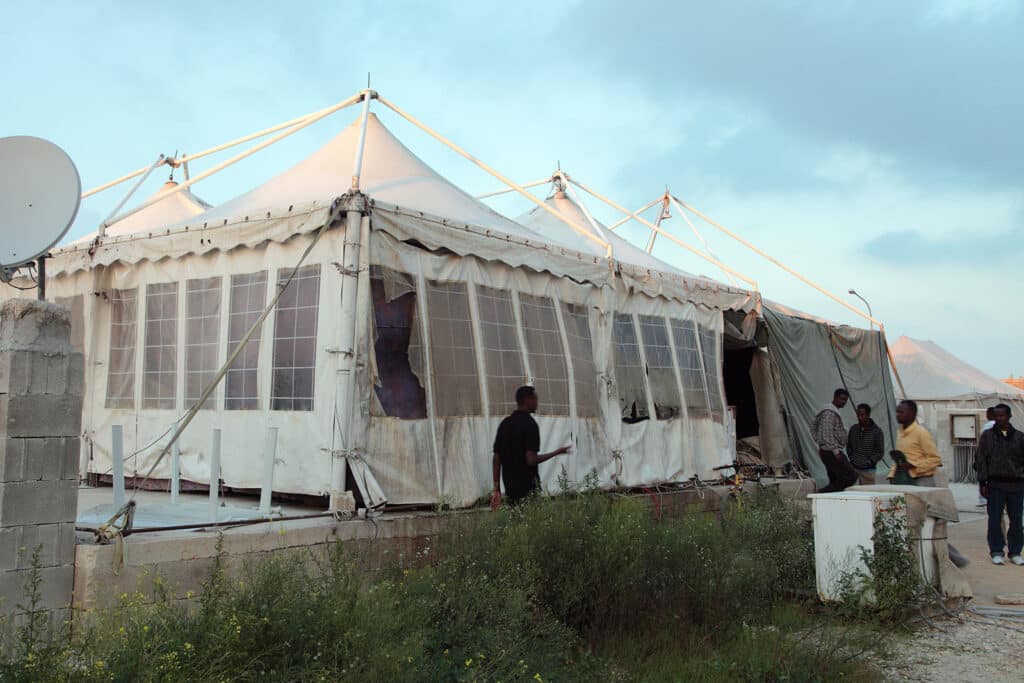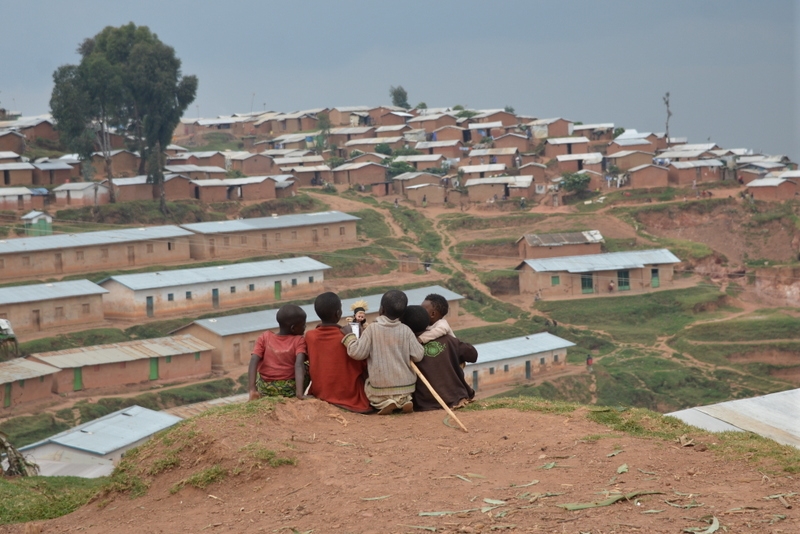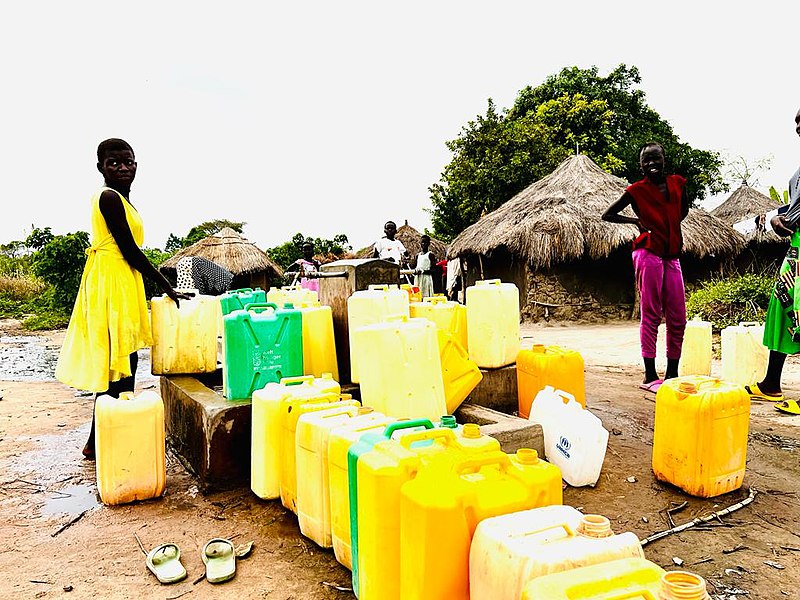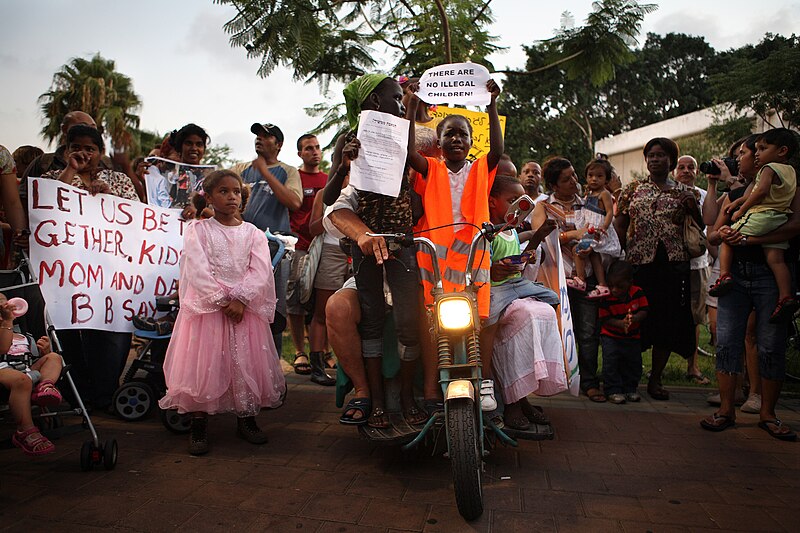A fundamental paradox in policymaking about African migration exists. While there is much focus on the nexus between migration and development, especially remittances transfer along with irregular migration, high-skilled migration, human trafficking, and smuggling, few African governments are preoccupied with the increasing vulnerability of African migrants and translate it into policies and measures to improve their health, well-being, and living conditions in the host and transit countries and the context of return to the homeland. As African migrants increasingly face socioeconomic hardships and deteriorating living and working conditions, it is essential to address such vulnerabilities to ensure their health and well-being and foster their contribution to improving the living conditions of the families left behind and overall homeland development.
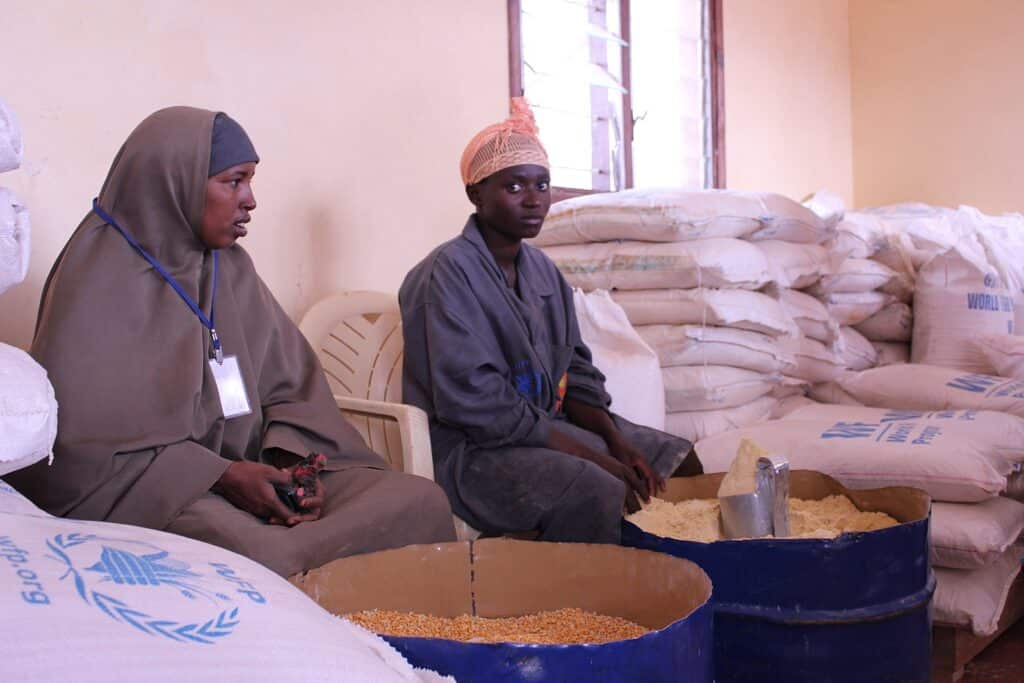
Against this backdrop, the ACSRM aims to enhance understanding of the various patterns of vulnerability facing African migrants and how these vulnerabilities affect their health, well-being, capabilities, settlement, or integration in the transit and host countries, and their potential to contribute to the development of their country of origin.
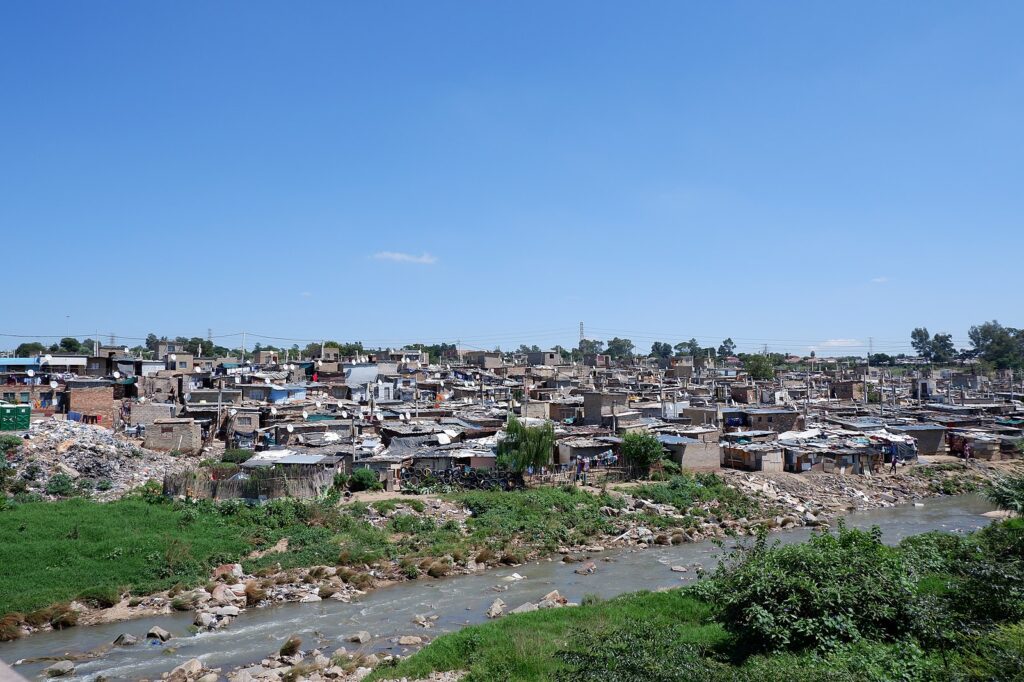
While African migrants migrate to escape poverty, difficult living conditions, unemployment, and challenging political, economic, and environmental situations, they may end up facing hardships in destination countries and experience difficulties in returning to their country of origin due to persisting unfavorable structural conditions. Caught in puzzles and limbo situations, they become vulnerable to various risks, including poverty, precarious employment, and irregular migrant status, to name a few, that may affect their health and well-being. This research cluster will scrutinize this vicious cycle of precarity, socioeconomic inequality, and exclusion during migration and the underlying causes and consequences.
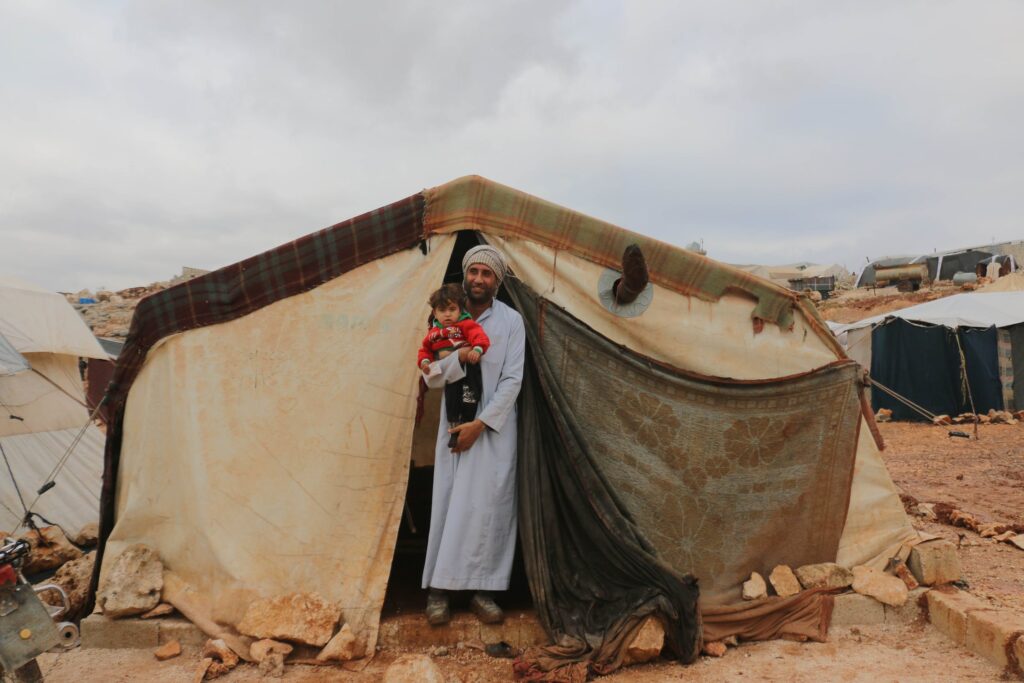
Despite the stringent migration and visa policies and the securitization and criminalization of international migration, there are increasing irregular migration flows against the backdrop of reduced legal labor migration opportunities and unfavorable structural conditions. While migration itself is a breeding ground for sets of vulnerabilities, migration by necessity and not by choice, especially forced migration, irregular migration, trafficking, and smuggling of migrants, may accentuate the vulnerability of migrants who may endure inhumane treatment and human rights violations. However, the point here is not to equate migrants with vulnerability as such generalization will lead to overlooking migrants’ human agency and the heterogeneity of migrants’ experiences, conditions, and profiles. Those migrating by choice and not by necessity, seeking warmer and more luxurious places, or because of excellent working and remuneration conditions in the international labor markets cannot be put in the same box as migrants facing tragic circumstances, deaths, hunger, despair, violence, human rights violations, and suffering in their risky migrant journeys.
International human rights instruments related to migrants include legal and policy elements aimed at promoting and protecting migrants in general, especially those in situations of vulnerabilities, and providing the necessary protection. However, there is a lack of consensus about the definition of “migrant in a situation of vulnerability,” which hinders efforts to strengthen international security for migrants in situations of vulnerability.

In this research cluster, we use a more comprehensive meaning of vulnerability. Migration can be considered a source of opportunities and threats for migrants and their families, as well as the origin, transit, and destination countries. The simple fact of leaving one’s community, group, or homeland can lead to experience or feeling of a sense of vulnerability. Migrants’ vulnerabilities have wide-ranging forms: social, psychological, economic, legal, cultural, etc. Female migrants tend to be exposed to various forms of vulnerability due to intersectional inequalities based on gender, national origin, etc., resulting in intersectional violence and persecution.

The limited legal migration opportunities and stringent visa regimes increase the propensity to rely on smugglers and traffickers and to use irregular migration routes, thus exacerbating migrants’ vulnerabilities.

